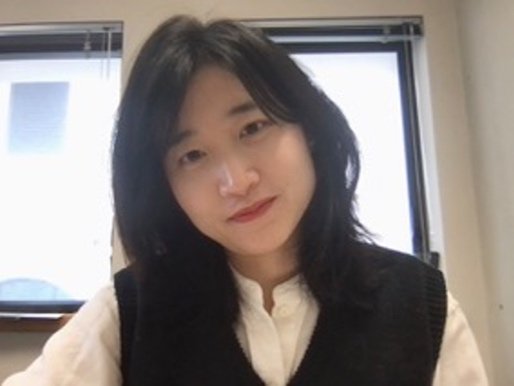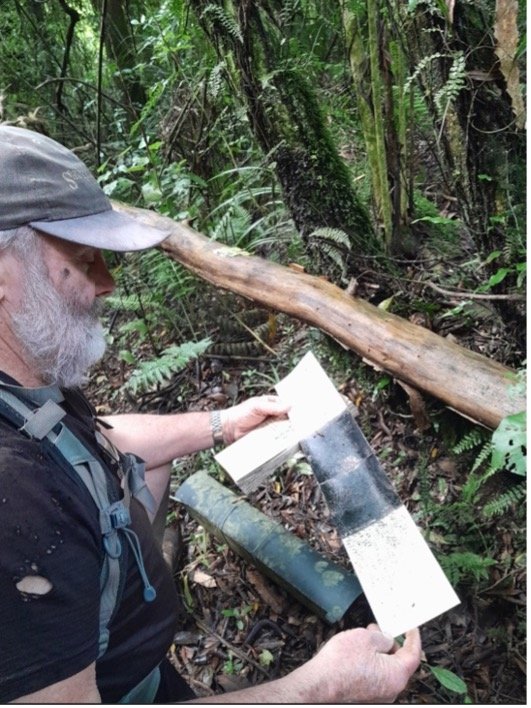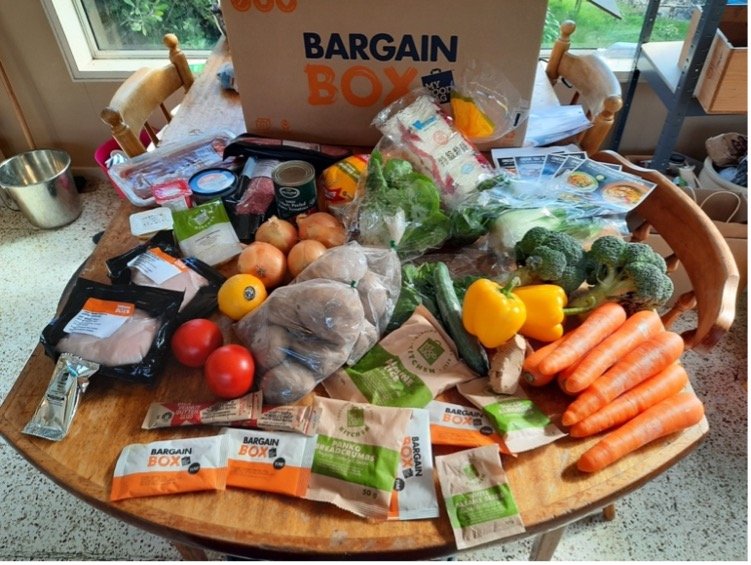Six applicants received grants in the second Kākano Fund round: three PhD and three Masters students. Congratulations to them and their supervisors. Most received grants to help them give papers at the November ASAANZ Conference in Dunedin.
Jingyi Pan’s conference paper draws on her PhD thesis at Massey University, titled ‘Being Rainbow/tongzhi in postsocialist China: An anthropological study in Jilin Province.’ Her project aims to document the lives of Rainbow/Tongzhi individuals in a less cosmopolitan region of China, from an anthropological perspective. She focuses on how their experiences of sexual and gender identity are influenced by evolving familial relationships and obligations in a context of rapid change. She hopes to contribute to a more culturally and socially nuanced understanding of the regional Chinese rainbow community. Upon returning to China to conduct fieldwork during the pandemic, she encountered numerous challenges and restrictions. However, she was surprised to discover that conducting ethnographic research during this time and being rainbow in contemporary China are ‘somethings but not everything.’
Naz Karim’s PhD is at Te Herenga Waka—Victoria University of Wellington. In her conference paper, “Behind the screens: Stories of hope, resistance and agency”, she notes that research studies about violence usually reflect on the omnipresence of destruction, suffering, pain, and uncertainty in conflict and war zones. She argues that while it is accurate to argue that these are ubiquitous in conflict zones such as Afghanistan, this does not tell the whole story of people’s day-to-day lives. Destruction and pain are compelling issues which often overshadow other essential dimensions. For instance, people, and women specifically, still have a life beyond these sufferings. They still experience love, joy, and moments in which they dream, hope, and live amid chaos, which has been eclipsed in many accounts. To move beyond this stereotypical picture of suffering and pain in Afghanistan, I explore the different dimensions of women’s lives under the Taliban reign, including their Arzoo (hope) and dreams.
Pieter Etienne de Villiers’ PhD is from at the University of Otago. is conference paper is “Giving back: The reciprocal nature of conservation work performed by tramping communities in the Waikato”. In this paper he explores the reciprocal network of care aging trampers engage in, based on fieldwork conducted in the Waikato. Namely through participation in conservation societies which is framed as an extension of their lifelong engagement with the bush and a mechanism of "giving back".
Willow Forgeson draws on her Masters research at Massey University, to present “Engaging with the Everyday, Eating Autoethnography for dinner”. “I ask the previously unexplored question of how morally informed ideas of goodness affect the way mothers incorporate meal kits into their everyday foodwork. I argue that the intersection of the new phenomenon of meal kits with the perennially intertwined morass of motherhood, morals and foodwork is a space where the continuation of gendered foodwork, the resistance to and reproduction of good mothering ideology and the transmission of moral practices across generations is found.”
Isla Turner-Holmes completed her Masters thesis at Te Herenga Waka—Victoria University of Wellington: “Place, Memory and Migration: Stories Told by Our Grandmothers.” “I aim to critically examine the relationship between memory, place, and migration through stories told by multiple sets of grandmothers and grandchildren. Using narrative analysis and storytelling, I think across various experiences of migration to construct an understanding of memory and place through my participants’ storied ways and experiences. I am interested in exploring the ways in which mobility creates memory; how one could live in multiple places at once, in recollection and in the now: a collage of experience fabricated through movement across a conglomeration of places. I am also interested in further engaging with storytelling as a research method.”
Natalie Wood’s conference paper, based on her Masters thesis at the University of Auckland, is titled “Hope in the ‘cost of living crisis’: When the future is something to gamble on.” “While hope might be experienced along with hopelessness, passivity and stagnation, we might consider that in a society in which we are repeatedly told ‘there is no alternative’, there is cause for an anthropological recentring of hope as an optimistic, agentive and futural trajectory toward thinking otherwise. This paper, set amidst the backdrop of the ‘cost-of-living crisis’ in Leeds, UK, asks how such a ‘crisis’ is temporally experienced. Conducting shopping interviews in a ‘food pantry’ – a reimagined food bank that simulates a shop – my participants experientially articulated the ‘cost-of-living crisis’ as a break with hope and expectation. Hope was articulated through a language of gambling that propelled shopping habits with futural momentum toward an imagined alternative. My participants reframed a future uncertain as a future undetermined thereby suggesting hope in the alterity of otherwise.”





